During my gap year in 1981, I worked on the 24th floor of Birmingham’s Alpha Tower for the Regional Manpower Intelligence Unit. The city below, with its express ways racing past the Venetian Gothic of Joseph Chamberlain’s house and the Roman Revival of the town hall, were the realisation of the city planner Herbert Manzoni’s dream of creating a Midlands Motown. The Rotunda, the acres of systems-built tower blocks, even the inverted ziggurat of a modernist central library, together amounted to the antithesis of the smoky, tweedy, horse-powered, cut-throat Birmingham the world now knows from Peaky Blinders.
That year, though, was the one which went wrong for Birmingham, Richard Vinen argues. Unlike Liverpool, Glasgow, Sheffield and other industrial British cities, Birmingham had not really known mass unemployment until the early 1980s, so it was more of an existential shock. Its 20th century was a success story, thanks to such showpiece factories as Cadbury’s at Bournville, the Austin plant at Longbridge, Fort Dunlop at Erdington and the BSA at Small Heath. The city had helped win the second world war: it built the Spitfires that beat the Luftwaffe in Europe and its refugee Jewish physicists split the atom at Birmingham University before their research was put to decisive use in Hiroshima and Nagasaki.
But the years of industrial glory were ending. My job was to tot up unemployment figures from data sent in from job centres across the West Midlands. Following the chancellor Geoffrey Howe’s deflationary budgets and Thatcherite commitment to ending British Leyland’s state subsidy, unemployment rose so quickly that whoever supplied our office with Tippex must have been coining it. Unemployment alone became big business. The stationery firm Kenrick and Jefferson was said to be the only thriving company in West Bromwich because it had the contract to print unemployment benefit cards. The Brummie band UB40 had released their hit debut album Signing Off a year earlier, its sleeve simulating those cards, right down the perforated edges.
Vinen identifies Birmingham’s economic problem as being its catastrophic obeisance before the motorised altar. Just as Manzoni had made the city safe for cars if not humans, so Birmingham’s fixation on the motor industry was its undoing. It had postured as the city of a thousand trades, but by the 1960s its principal business was just one – and it wasn’t very good at it. In the 1970s, British Leyland was effectively bust:
Precisely because the Birmingham economy seemed so prosperous, the government had refused to allow new industries to establish themselves there in the 1960s and this had frozen the city’s economy into the structures of the 1950s.
While German and Japanese automotive industries started from scratch or built new factories after existing ones had been destroyed in the war, Birmingham was stuck with old machinery, propped up by government subsidy and riven by industrial disputes. For the incoming Tory administration, it typified everything that was wrong about Britain. It, and much of the city’s industrial might, had to go.
If Birmingham had become a post-industrial black hole at the heart of England during that 1980s, few lamented its passing. Kenneth Tynan called it ‘the ugliest city in Europe… a cemetery without walls’. Louis MacNeice branded it ‘that sprawling inkblot of 19th-century industry’. E.R. Dodds, completing his journey to become professor of classics at Birmingham, complained: ‘To the traveller going north after the ancient splendours of Warwick and the 18th-century elegance of Leamington, the city appears the beginning of a new and sinister world, the frontier station of the land of Mordor.’ Fox News in 2015 argued the racist lie that it was a city unsafe for non-Muslims.
Vinen’s history is a superb retort to such slings and arrows of derision. Fascinated by his subject, the Birmingham-born historian writes that ‘rather like Virginia Woolf’s Orlando, Birmingham assumes very different guises in its successive incarnations’. He targets those who have tried to reduce it to a fixed identity, but especially Asa Briggs, who in the 1950s argued that, had Engels lived in Birmingham rather than Manchester, Marxism would have told a different story. Briggs pointed out that Birmingham’s small workshops, dearth of guilds, elasticity of trade and social mobility effected a different and more humane industrial revolution than Manchester’s.
Not so, counters Vinen. The Birmingham Briggs described was as obsolete as the one Steven Knight depicts in Peaky Blinders. By the time Briggs wrote those words, the small businesses were largely supplanted by big factories. Yet his argument may have had a contemporary relevance in suggesting that Birmingham was an anti-Marxist capitalist exemplar as the Cold War began.
Vinen perhaps understates how Birmingham has mutated again following its industrial decline during the Thatcher years. It didn’t die, nor is unemployment its leading business. It even swaggers with civic pride, as its recent hosting of the Commonwealth Games has shown. The race riots that disfigured the city in the 1980s have for the most part been replaced by an ethnically diverse and peaceable populace. It may no longer, as Vinen rightly notes, be an important city, but its very mutability – its polymorphous perversity as they say in Alum Rock – is the key to its survival.
Got something to add? Join the discussion and comment below.
Get 10 issues for just $10
Subscribe to The Spectator Australia today for the next 10 magazine issues, plus full online access, for just $10.
You might disagree with half of it, but you’ll enjoy reading all of it. Try your first month for free, then just $2 a week for the remainder of your first year.

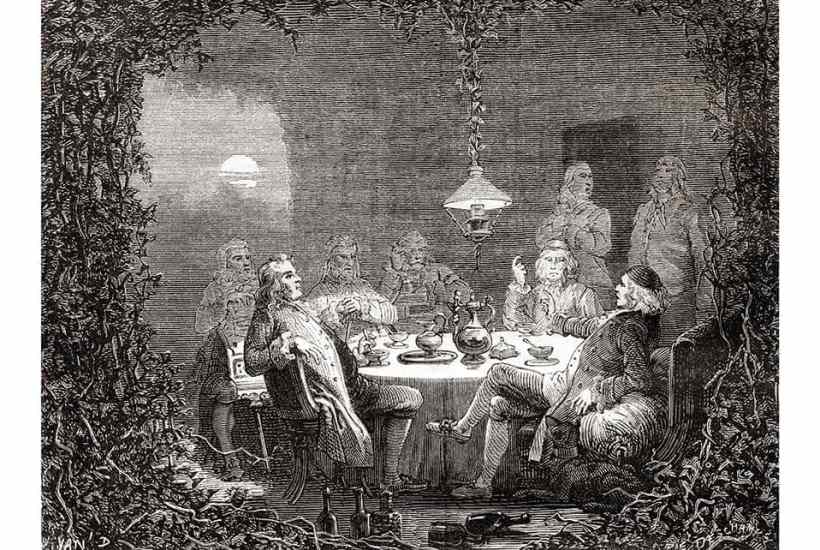
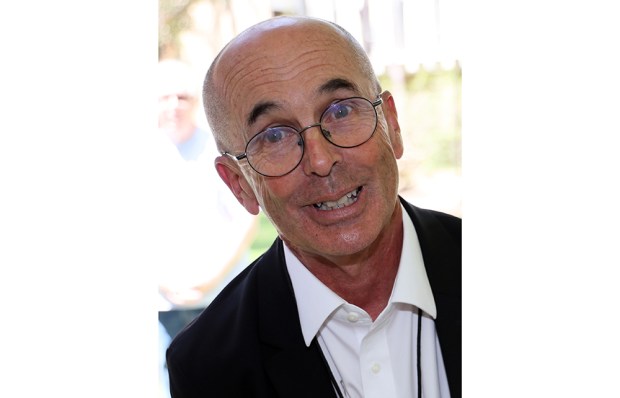
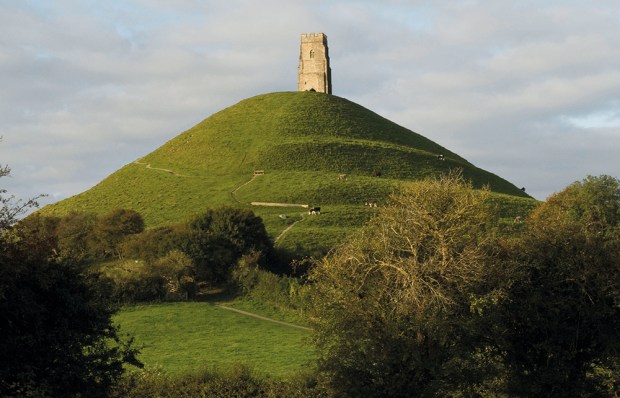

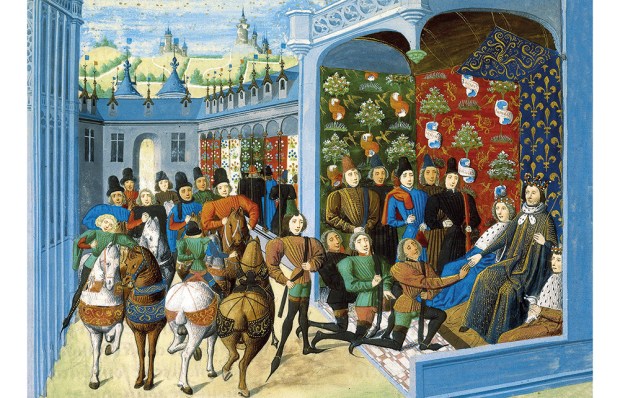
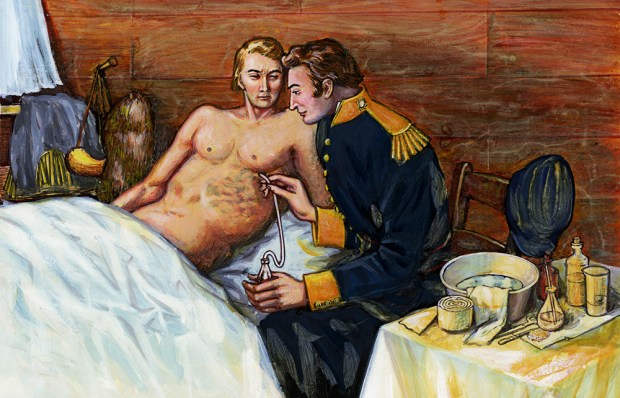
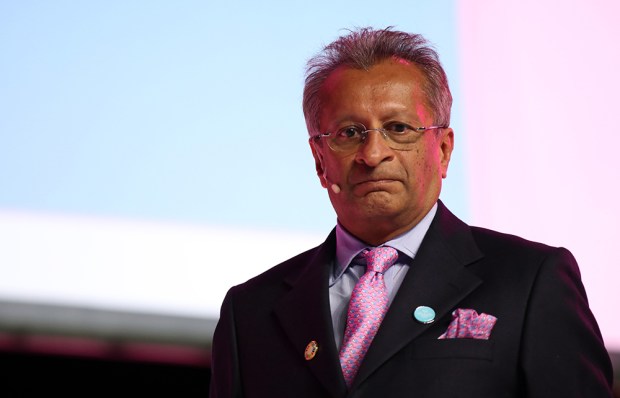






Comments
Don't miss out
Join the conversation with other Spectator Australia readers. Subscribe to leave a comment.
SUBSCRIBEAlready a subscriber? Log in